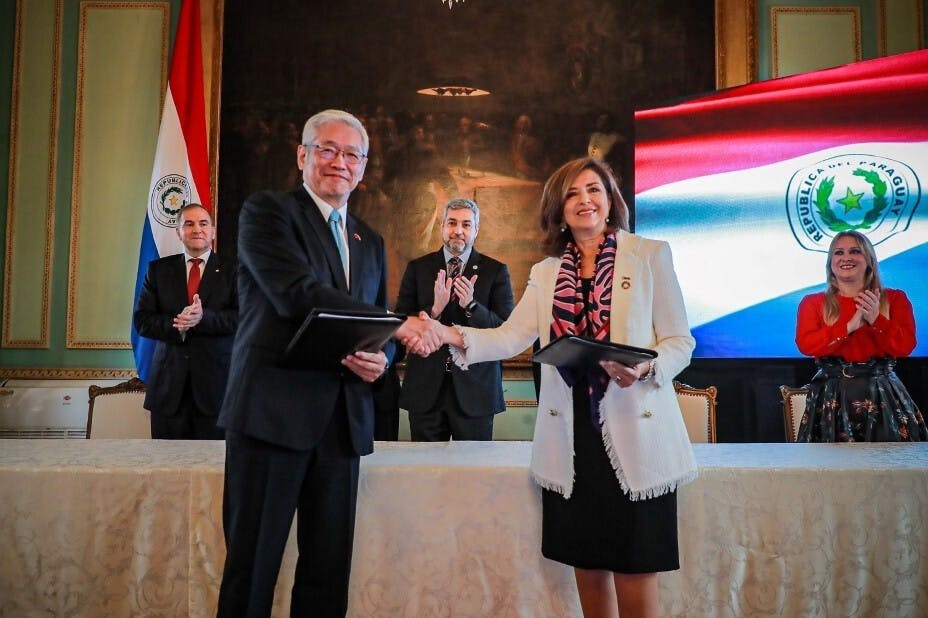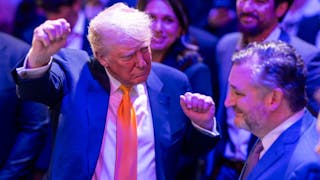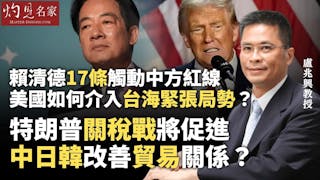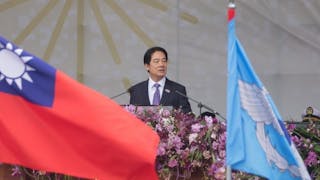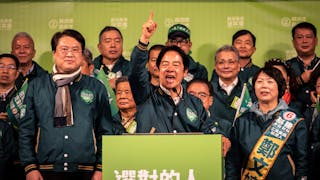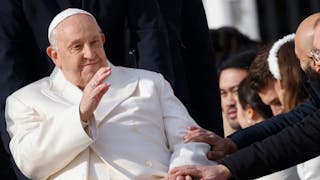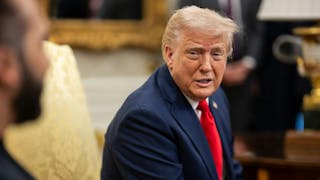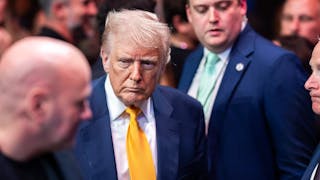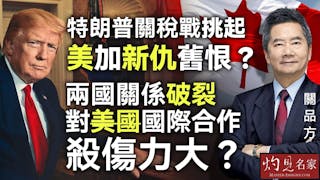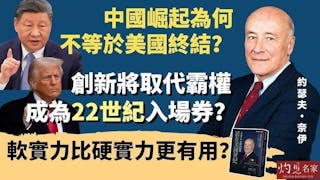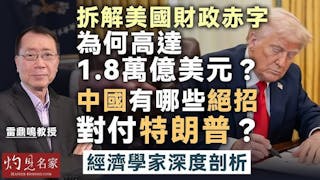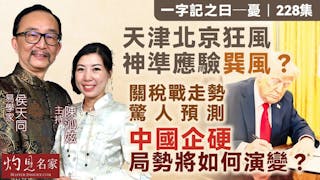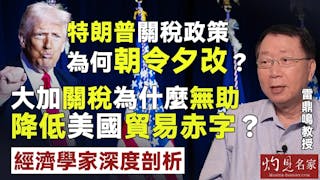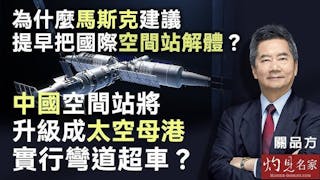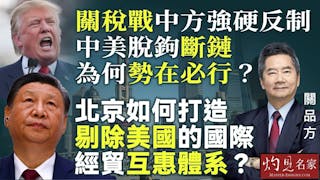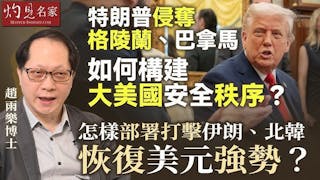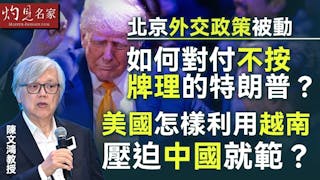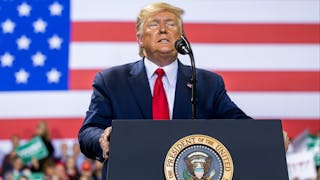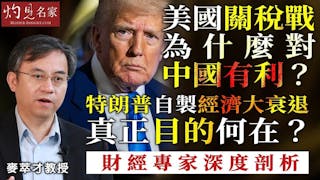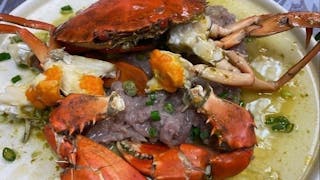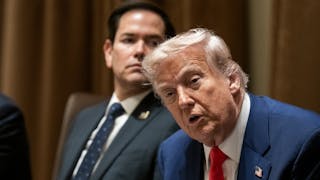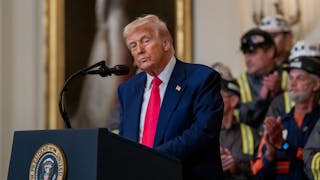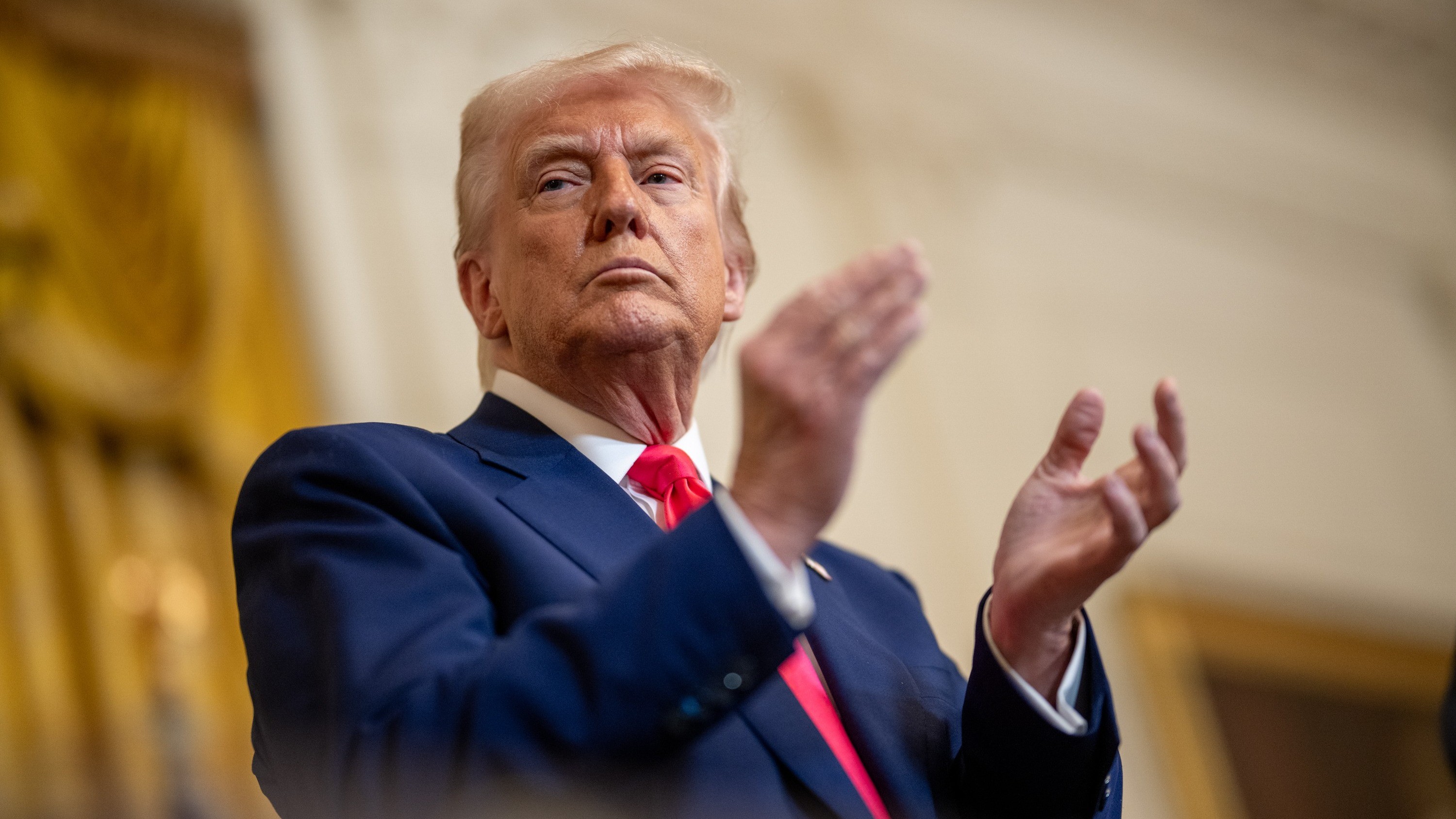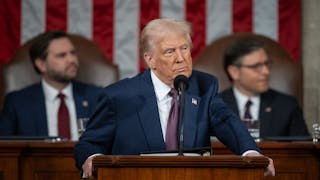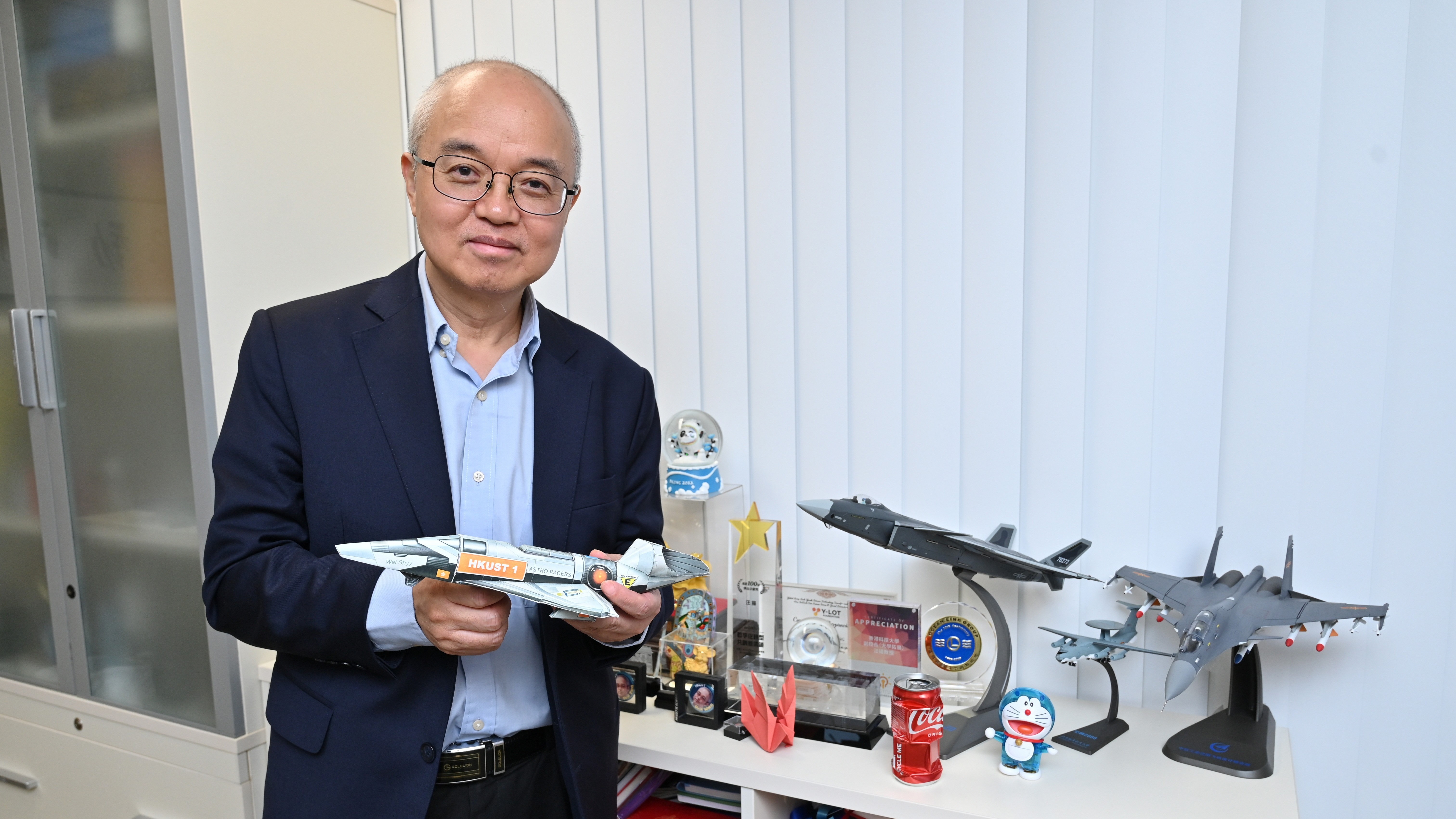從最近的報道看,巴拉圭總統貝尼特斯(Mario Abdo Benitez)希望台灣政府投資巴拉圭10億美元,以支持他主張巴台「戰略聯盟」的重要性。「金錢外交」作為外交政策的經濟工具令台灣現有14個邦交國,對台北尋求國際空間、贏得更多友邦已經到了極限。
消息傳出後,巴拉圭外交部澄清,該國總統只是鼓勵台灣增加投資,不存在「交換條件」,因為兩地在過去6年中保持着「良好的外交、政治和友好關係」。
9月30日,台灣外交部發言人歐江安表示,巴拉圭外交部長阿里歐拉(Julio Cesar Arriola)向台灣駐巴拉圭大使韓志正澄清,雙方關係是奠基於共同價值與理念,以及密切的雙邊合作。
歐江安堅稱,韓志正告訴貝尼特斯,巴拉圭將繼續成為「台灣投資的理想地點」。台灣將派兩個代表團赴巴拉圭加強貿易和投資關係。
捐贈巴拉圭500萬美元 助疫後經濟復甦
台灣對巴拉圭採取了金錢外交政策。台灣國際合作發展基金會最近捐贈了500萬美元,為巴拉圭婦女設立了一個信用保證基金,以便為該國疫後經濟復甦熷添新動能。
然而,鑑於中國大陸市場更龐大,更商機無限,巴拉圭自然期望台灣有更多的資金挹注入該國的經濟和社會。畢竟巴拉圭是南美洲唯一外交上承認台北的國家。
自從2016年5月蔡英文贏得總統選舉後,台灣已失去8個邦交國──包括聖多美和普林西比、巴拿馬、布基納法索、多米尼加共和國、薩爾瓦多、所羅門群島、基里巴斯和尼加拉瓜。
邦交國現實考慮 紛轉向與北京建交
2016年12月,聖多美和普林西比斷絕與台灣的外交關係,稱其「回到『一個中國』原則的正確軌道上來」。聖多美和普林西比在選擇承認台灣後於1997年暫停與中國大陸的關係;然而,據台灣前外長李大維稱,它後來要求台灣提供更多的財政援助,但台灣拒絕了。
2017年6月,巴拿馬與台灣斷交,轉而與中國大陸建交。巴拿馬時任總統瓦雷拉(Juan Carlos Varela)稱此舉代表了一條「正確的道路」。台灣當局批評巴拿馬要求中國大陸提供財政援助。當時,中華人民共和國是巴拿馬運河的第二大用戶,也是巴拿馬科隆自由貿易區的主要商品供應國。實際的經濟利益導致巴拿馬外交關係的轉變。
2018年5月,布基納法索與台灣斷交,與中國大陸簽署建交聯合公報。台灣當時批評布基納法索, 「屈服於來自北京的金元外交的誘惑」。
同月,台灣又失去了另一個邦交國多米尼加共和國;多米尼加接受了北京的投資和援助,並轉而與北京建交。多米尼加「承認台灣是中國領土不可分割的一部分」,並相信與北京建交對國家前途積極有益。。
2018年8月,薩爾瓦多與台灣斷交,台灣外長吳釗燮稱,薩爾瓦多向台灣提出巨額財政援助,用於港口項目,台灣官員認為這會給雙方帶來債務。吳釗燮還譴責北京實施「金元外交」以爭取薩爾瓦多放棄與承認台灣。不過,薩爾瓦多總統塞倫(Salvador Sánchez Cerén)表示,與中國建立關係符合國際法和國際關係的原則,是必然的發展。
2019年9月,所羅門群島與台灣斷交,27名內閣成員投票贊成與北京建交,沒有人反對,只有6人棄權。台灣外長吳釗燮譴責北京採取「金元外交」來引誘所羅門群島。
同月,台灣失去了另一個邦交國基里巴斯,該國外交上轉而承認北京。這決定是在所羅門群島與台灣斷絕關係4天後作出的。台灣外長吳釗燮再次譴責北京向基里巴斯提供資金購買飛機和渡輪。他透露,基里巴斯曾要求台灣捐款購買商用飛機。
2021年12月,尼加拉瓜與台灣斷交,轉而承認中華人民共和國。雖然中國常駐聯合國代表張軍對此表示歡迎,並表示一個中國原則是廣泛接受的共識,但台灣外交部批評尼加拉瓜總統奧爾特加(Daniel Ortega)「無視台灣人民的友誼」。
據報道,奧爾特加政府依靠台灣的財政支持,包括2018年向尼加拉瓜國家警署捐款300萬美元,2019年貸款1億美元。但鑑於中國大陸龐大的市場規模和投資項目,尼加拉瓜自然在 2021 年轉向承認中國大陸──向務實外交轉變只是時間問題。
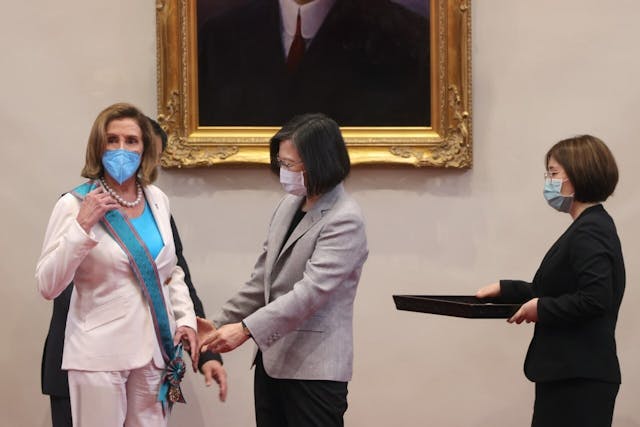
金錢外交源自美國 兩岸競爭小國得利
歷史上,金錢外交最先在美國出現,當時的總統塔夫脫(William Howard Taft)從1909年到1913年尋求擴大美國在加勒比海地區的商業和金融利益。
有趣的是,這種源自美國的金錢外交,在近年的大陸和台灣的政治外交競爭中,尤其是蔡英文總統為首的民進黨於2016年1月上台後,開始愈演愈烈。
據報道,美國眾議院議長佩洛西(Nancy Pelosi)8月初訪問台灣,部分原因是台灣說客在美國進行了密集的遊說。廣義地說,台灣一直在用「銀彈政策」遊說美國國會議員,並支持一些美國智庫,尋求他們的支持,不僅要向台北提供更多的軍事物資,還要在外交上承認台灣。
客觀地說,處在兩岸政治角力之中的一些小國,已經成為兩岸金錢外交的受益者。
2021年12月,洪都拉斯選舉後不久,候任總統卡斯特羅(Iris Xiomara Castro)萌生了與中國大陸建立外交關係的想法,但據報華盛頓對此深感擔憂,並派代表團前往洪都拉斯,申明美國渴望看到洪都拉斯維持與台北的外交關係。
據報道,洪都拉斯在看到巴拿馬與台北斷絕關係並從北京獲得巨額投資後,很想外交轉向。
2022年8月下旬,危地馬拉外交部長馬里奧·布卡羅(Mario Búcaro)在台北會見蔡英文,稱危地馬拉將「永遠支持」台灣,彼此「志同道合」,通過「民主聯盟」團結在一起。危地馬拉至今仍然是與台北建交的14個國家之一,也是中美洲國家除洪都拉斯和伯利茲之外,台灣第3個邦交國。
由於北京將兩岸統一視為未來幾年的首要政策議程項目之一,大陸與台灣的金錢外交勢將愈演愈烈。因此,在外交上承認台灣的小國可能會面臨壓力,與此同時,在正式外交承認的競爭中,這些小國變得愈來愈有機會和有利可圖。
巴拉圭企圖向台灣要求更多投資,或許是兩岸激烈外交競爭的典型例子。
從現實政治的角度來看,兩岸關係將愈來愈多地被金錢外交困擾。雖然那些仍在外交上承認台灣的小國在未來幾年可能會擁有更多的議價能力,但美國將愈來愈多地捲入兩岸外交拉鋸戰,並可能會抑制這些小國改變外交承認的誘因。然而,金錢外交有其局限性。如果承認台灣的小國對台北施加更大的壓力,要求其在基礎設施上進行更多投資,那麼金錢外交就像無底洞。然而,台灣面臨的困境是,它必須加大投資以鞏固各個小國的外交承認和政治影響力。另一方面,大陸自然會對這些小國施加更大的壓力,利用大陸利潤豐厚的市場和潛在的巨額投資作為誘因,未來幾年,金錢外交可能仍將是兩岸爭奪外交承認的日益突出的特徵。
Taiwan’s Dollar Diplomacy and Its Implications
Judging from a recent report saying that Paraguay’s President Mario Abdo Benitez expected the Taiwan government to invest US$1 billion in his country to buttress a claim on the importance of their “strategic alliance,” dollar diplomacy as an economic tool of foreign policy to win more friends in the world has reached its limit for Taiwan’s quest for international space with the existing fourteen states that maintain diplomatic relation with Taipei.
After the news broke out, the Paraguay’s foreign ministry clarified that its President only encouraged more investment from Taiwan and there was no “quid pro quo” as both places maintained “excellent diplomatic, political and friendly ties” over six decades.
On September 30, the Taiwan foreign ministry’s spokeswoman Joanne Ou claimed that Paraguay’s foreign minister Julio Cesar Arriola told the Taiwan envoy to Paraguay, Jose Han, that the ties between the two places were based on shared values and intimate bilateral cooperation.
Ou asserted that Jose Han told Mario Abdo Benitez that Paraguay would continue to be “a perfect location for Taiwan’s investment.” Taiwan is going to send two delegations to Paraguay to strengthen trade and investment relations.
Dollar diplomacy has been adopted by Taiwan on Paraguay. The Taiwan International Cooperation and Development Fund has recently donated US$5 million to create a supportive fund for women in Paraguay so that they can be empowered in the post-Covid-19 era.
However, seeing that mainland China has a much larger market with lucrative business opportunities, Paraguay naturally expects more money to be injected by Taiwan into its economy and society. After all, Paraguay is the only state in South America which recognizes Taipei diplomatically.
After Tsai Ing-wen won the presidential election in May 2016, Taiwan has already lost eight diplomatic allies: Sao Tome and Principe, Panama, Burkina Faso, the Dominican Republic, El Salvador, the Solomon Islands, Kiribati and Nicaragua.
In December 2016, Sao Tome and Principe cut its diplomatic ties with Taiwan, saying that it returned “back to the correct path of the one-China principle.” Sao Tome and Principe suspended relations with China in 1997 after it had chosen to recognize Taiwan; nevertheless, it later demanded more financial help from Taiwan which however could not do so, according to the former Taiwan foreign minister David Lee.
In June 2017, Panama shifted its diplomatic recognition from Taiwan to mainland China and its President Juan Carlos Varela asserted that the move represented a “correct path.” The Taiwan authorities criticized Panama for requesting financial aid from mainland China. At that time, the People’s Republic of China (PRC) was the second largest client of the Panama Canal and a leading provider of merchandise to a free trade zone in the Panamanian city of Colon. Practical economic benefits led to Panama’s switch of diplomatic relations.
In May 2018, Burkina Faso cut its diplomatic ties with Taiwan and signed a joint communique with mainland China to establish diplomatic relations. Taiwan at that time criticized Burkina Faso for “succumbing to the enticement of dollar diplomacy” from Beijing.
In the same month, Taiwan lost another ally to mainland China, namely Dominican Republic, which accepted investment and aid from Beijing, and which switched diplomatic recognition. Dominican Republic has “recognized Taiwan as an inalienable part of the Chinese territory” and it has believed in the positive aspects of establishing diplomatic relations with Beijing.
In August 2018, El Salvador severed diplomatic ties with Taiwan, whose foreign minister Joseph Wu asserted that El Salvador asked Taiwan for a huge amount of financial aid for a port project that Taiwan officials believed would bring about debts to both parties. Wu also criticized the PRC for implementing dollar diplomacy to woo El Salvador away from its recognition with Taiwan. However, the El Salvadorian President Sanchez Ceren said that establishing relations with China was conforming to the principles of international law, international relations and inevitable development.
In September 2019, Solomon Islands cut its diplomatic relations with Taiwan after the former’s cabinet voted in favor of establishing diplomatic ties with Beijing. Among the 27 cabinet members none of them opposed the diplomatic switch and only six of them abstained. Taiwan foreign minister Joseph Wu criticized the PRC for adopting “dollar diplomacy” to lure the Solomon Islands.
In the same month, Taiwan lost another ally, namely Kiribati, which switched diplomatic recognition to Beijing. The move came four days after the Solomon Islands cut its relations with Taiwan. Taiwan’s foreign minister Joseph Wu again criticized the PRC for providing funds to Kiribati to buy airplanes and ferries. He revealed that Kiribati had requested Taiwan to donate money to purchase commercial airplanes.
In December 2021, Nicaragua broke off diplomatic relations with Taiwan and switched to recognize the PRC. While China’s representative to the United Nations, Zhang Jun, welcomed the move and said that the one-China principle was a consensus widely accepted, Taiwan’s foreign ministry criticized Nicaraguan President Daniel Ortega for “disregarding the friendship” of the Taiwanese.
The Ortega government had reportedly relied on Taiwan’s financial support, including a US$3 million donation to the police force in 2018 and a US$100 million loan in 2019. However, given the huge size of mainland China and its large investment projects, Nicaragua naturally turned to recognize mainland China in 2021 – a matter of time for a pragmatic change in diplomacy.
Historically speaking, dollar diplomacy emerged in the US whose President William Howard Taft sought to expand the American commercial and financial interests in the Caribbean region from 1909 to 1913.
Interestingly, such dollar diplomacy with US origin began fiercer in the political and diplomatic competition between the PRC and Taiwan in the recent years, especially after the Democratic Progressive Party (DPP) under the presidential leadership of Tsai Ing-wen came into power in January 2016.
The recent visit by the US House Speaker Nancy Pelosi to Taiwan in early August was reportedly partly attributable to intensive lobbying efforts made by the Taiwan lobbyists in the US. In a broad sense, Taiwan has been adopting its “dollar diplomacy” to lobby the members of US Congress, to back up some US think tanks, and to seek their support for not only more military supplies to Taipei but also diplomatic recognition of the island.
Objectively speaking, small states that are sandwiched between the political competition between mainland China and Taiwan have become the beneficiaries of dollar diplomacy from both sides of the two Straits.
In December 2021, shortly after the Honduran elections, its president-elect Xiomara Castro toyed with the idea of fostering relations with China, but Washington was reportedly deeply concerned and sent a delegation to Honduras to affirm that the US was keen to see Honduras maintaining diplomatic relations with Taipei. It was reported that Honduras, after seeing Panama severing ties with Taipei and acquiring massive investment from Beijing, was tempted to change its diplomatic recognition.
In late August 2022, Guatemala’s foreign minister Mario Bucaro met Tsai Ing-wen in Taipei, saying that Guatemala would “always support” Taiwan and that both places were “like-minded” ones united by “a democratic alliance.” Guatemala remains one of the fourteen countries with diplomatic ties with Taipei and it is one of the three allies, apart from Honduras and Belize, in Central America.
Since Beijing is seeing the reunification with Taipei as one of the top policy agenda items in the coming years, dollar diplomacy from both sides of the Strait will intensify. As such, the small states that are recognizing Taiwan diplomatically will likely be under stress, but at the same time becoming increasingly opportunistic and beneficial amid the contest for formal diplomatic recognition.
The example of Paraguay intending to ask for more investment from Taiwan is perhaps typical of the situation under intense cross-strait competition for the politics of recognition.
From the perspective of realpolitik, cross-strait relations are going to be increasingly punctuated by dollar diplomacy. While those small states that are still recognizing Taiwan diplomatically will likely have more bargaining power in the coming years, the US will be increasingly drawn into the diplomatic tug of war and will likely rein in their temptation to switch diplomatic recognition. Yet, dollar diplomacy has its limitations; if small states recognizing Taiwan exert more pressure on Taipei to invest more in their infrastructure, dollar diplomacy is like a bottomless well. Yet, the dilemma for Taiwan is that it must invest more to consolidate diplomatic recognition and political influence from various small states. China, on the other hand, is naturally exerting more pressure on these small states, utilizing the mainland’s lucrative market and potentially huge investment as attractive enticement. As such, dollar diplomacy will likely remain an increasingly prominent feature of cross-strait competition for diplomatic recognition in the years to come.



